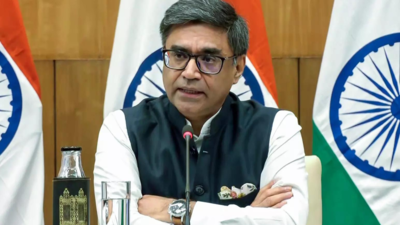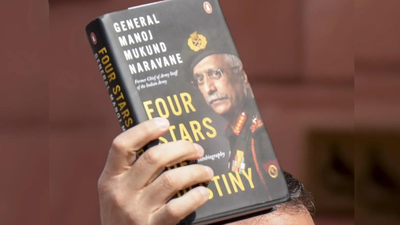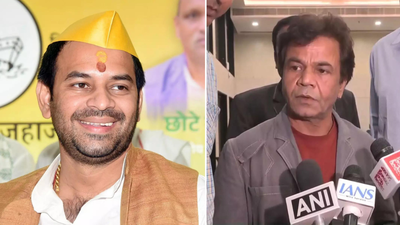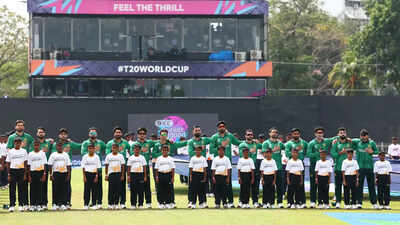NEW DELHI: Foreign Secretary Vikram Misri on Friday said that India and Japan have launched an Economic Security Initiative to strengthen supply chain resilience and collaboration in key sectors. The five priority sectors identified under the initiative are semiconductors, critical minerals, pharmaceuticals, information and communication technology (particularly telecommunications), and clean energy.Misri was addressing a media briefing on Prime Minister Narendra Modi’s two-day visit to Japan, highlighting key outcomes from the 15th India-Japan Annual Summit and the growing strategic partnership between the two countries.“India and Japan launched the Economic Security Initiative to promote supply chain resilience in strategic sectors such as semiconductors, clean energy, telecom, pharmaceuticals, critical minerals as well as new and emerging technologies,” MEA statement read.Here are the key outcomes of the briefing:Japan-India Artificial Intelligence Initiative:Misri highlighted that India and Japan have launched the Japan-India Artificial Intelligence Initiative to strengthen bilateral cooperation in AI technologies. The initiative aims to enhance collaboration on large language models, data centres and AI governance. It is expected to drive innovation and research between the two countries. PM Modi also invited Japanese Prime Minister Shigeru Ishiba to India’s AI Impact Summit, scheduled for February 2026, highlighting the strategic importance of AI in transforming societies and economies.“We are living in the age of Artificial Intelligence, and both leaders recognised that AI is a revolutionary technology poised to transform our society and economies. The initiative will strengthen collaboration between India and Japan on AI,” Misri said.Strengthening people-to-people and business links:On business collaboration, the two leaders decided to launch the India Kansai Business Forum and the India Kyushu Business Forum to foster grassroots trade and investment.Misri further explained the ambitious people-to-people exchange plan. “The two countries have set an aspirational target of the exchange of more than 500,000 personnel in both directions in the next five years, including 50,000 skilled personnel and potential talents from India to Japan, to create a new wave of people to people exchanges between India and Japan” PM Modi welcomed in Tokyo; India-Japan economic forum:The foreign secretary added that PM Modi arrived in Tokyo early on Friday and was warmly welcomed by the government and people of Japan, as well as the Indian community in the city.He and Japanese PM Ishiba are scheduled to travel to Sendai in Miyagi Prefecture tomorrow. During the visit, PM Modi will also tour the Tokyo Electron factory to observe developments in advanced manufacturing and technology.Strategic and security cooperation:Addressing security issues, Misri said, “PM Shigeru Ishiba reaffirmed that Japan stands with India on the issue of cross border terrorism.” The two leaders also emphasised collaboration in emerging technologies, clean energy and critical sectors, aiming to reinforce long-term economic and strategic resilience.Other key outcomes of summit:
- Attracting skilled personnel and potential talents from India to Japan by bridging respective perception gaps.
- Leveraging manpower complementarities for joint research, commercialization and value creation in both countries.
- Promoting Japanese language education in India, as well as bi-directional cultural, educational and grass-roots exchanges as investment for the future.
- Tapping economically beneficial complementarities for both Japan, facing a manpower shortage including IT personnel, and India, aiming to boost skill development and strengthen its manufacturing sector.
- Strengthening points of contact between Japanese companies and Indian students.














